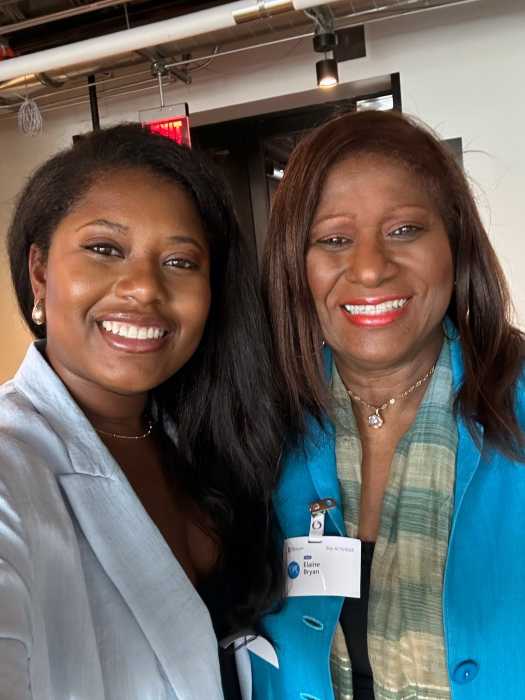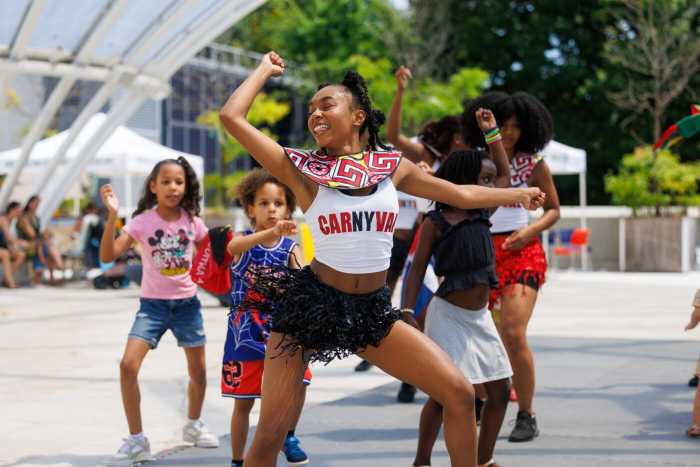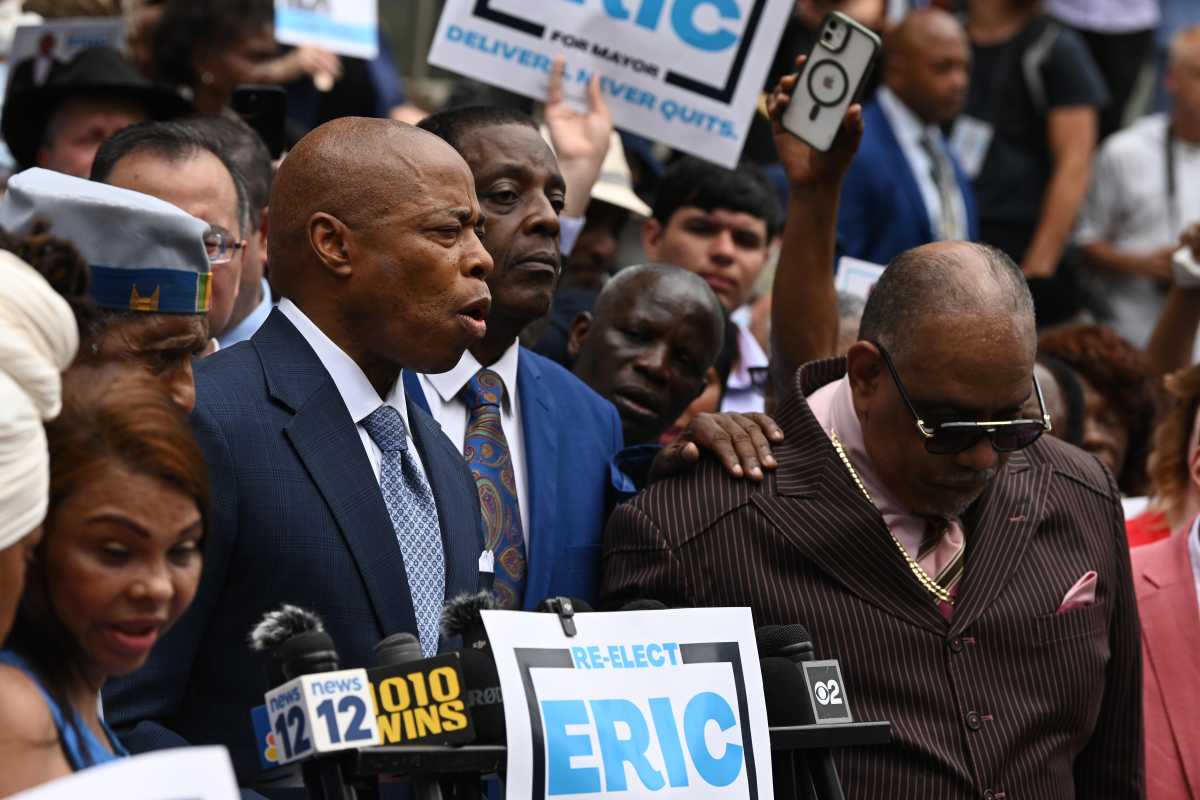Political tensions rose in the Caribbean Community nation of Suriname this week after authorities accused a former president and two-time ex coup maker of threatening the security of the state by calling for the use of ‘weapons’ to combat ills in the society.
Desi Bouterse was this week accused of making irresponsible and inflammatory remarks when he told a National Democratic Party (NDP) forum that there may be the need to again use weapons to deal with a growing list of problems in society that includes increased poverty levels.
The remarks of the former president, 75, came hours after he had appeared before a special court tribunal, for the very first time in more than 12 years of hearings, to deny being responsible for the December 1982 murders of 15 government opponents who were executed at a colonial era Dutch fort for allegedly plotting with western nations to reverse the February 1980 military coup that Bouterse had himself led as a young, radical army sergeant. A court a year ago ordered he be jailed for 20 years for the mass murders.
His statements to NDP supporters have been widely condemned by the governing coalition of President Chan Santokhi and civil society professionals, including activist Ashwin Ramcharan who wondered in an open letter whether “there is another coup coming” to go along with the one in 1980 and a second on Christmas Eve in 1990.
Bouterse’s NDP had served two consecutive terms in office in addition to a three-year term at the close of the 90s that was cut short by protests over the deteriorating economic situation in Suriname at the time. His party recently headed to the opposition benches after dropping to 16 from a majority of 26 seats in the late May elections.
Speaking to supporters, Bouterse urged supporters to be alert and keep a close eye on the situation in Suriname, noting that racial tensions have risen to levels not seen in decades and poverty was on the rise. These ills can only be combated with weapons, he said as alarm bells immediately rang in the halls of power in Paramaribo, the capital.
Well aware that he is trying to overturn a 20-year mass murder sentence, the NDP quickly sought to clarify and explain the context of its leader’s remarks, suggesting through spokesman Ricardo Panka that Bouterse was only referring to ideology and not real arms or weapons. Panka argued in an open letter that his leader wanted supporters to arm “ourselves with the party’s ideological tools to help reverse the current economic malaise, the ideological tools to fight poverty, the ideological tools to shift the emergence of ethnic differences to unity among all population groups. The party members must arm themselves again with the party’s ideology. This ideology must be protected,” he said.
That apart, the NDP is also very angry with the coalition for detaining former vice president Ashwin Adhin for more than a week for condemning and writing off old media equipment from his former office as the party lost the elections. Prosecutors are preparing charges against him. The NDP says authorities are acting with spite and vindictiveness with the aim of weakening the party as it reorganizes for elections in five years or less.
In a week full of political action in the Dutch speaking CARICOM member state, Bouterse’s appearance before the tribunal has set tongues wagging as he no longer enjoys the protection of the presidency, having lost to Santokhi six months ago.
He accused the panel of judges of being influenced by The Netherlands, Suriname’s former colonial mother country, which had itself sentenced Bouterse to 11 years in prison in absentia for alleged drug trafficking. He said the panel had also selectively used witnesses who gave negative testimony against him during the hearings that he had never attended until this week.
“History will also acquit me of all guilt for the sad, traumatic event of Dec. 8, 1982,” Bouterse said in his statement to the court, adding that “I therefore objected to this judgment. This is not only to get the injustice done to me and the other convicts corrected, but also to avoid or mitigate the dangerous consequences of the criminal proceedings conducted and the sentences imposed.”

























